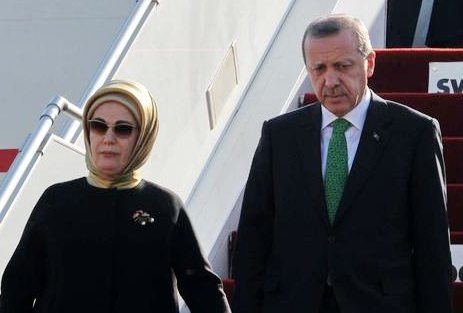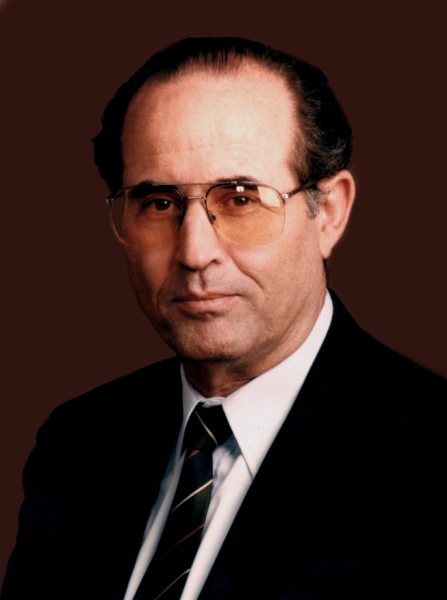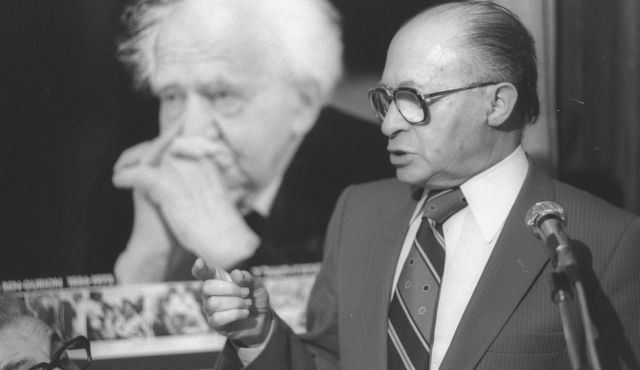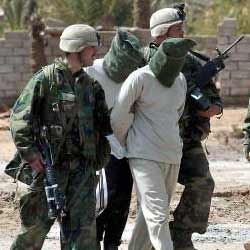10:47 AM Wednesday Feb 4, 2015
The Isis (Islamic State) group released a video purportedly showing a Jordanian pilot being burned alive in a cage, in the jihadists’ most brutal execution yet of a foreign hostage.
The highly choreographed 22-minute video released online showed images of a man purported to be First Lieutenant Maaz al-Kassasbeh, captured in December, engulfed in flames.
Read more: The role Britain wants NZ to take in fight against Isis
Isis throws ‘gay’ man off building
King Abdullah II cut short a visit to Washington to fly home, state television said, as Amman confirmed the death of the 26-year-old fighter pilot and vowed an “earth-shattering response”.
The video, whose authenticity was not immediately verified, enraged officials and the army in Jordan vowed to avenge the murder of the 26-year-old pilot.
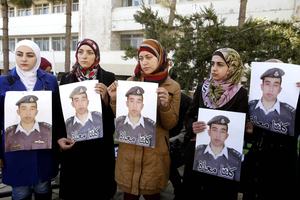
A security official said an Iraqi would-be suicide bomber on death row, Sajida al-Rishawi, and other jihadists will be executed at dawn on Wednesday local time.
“The death sentence will be carried out on a group of jihadists, starting with Rishawi, as well as Iraqi Al-Qaeda operative Ziad Karbuli and others who attacked Jordan’s interests,” said the official.
State television said Kassasbeh had already been killed on January 3, before Isis offered to spare his life and free a Japanese journalist in return for Rishawi’s release.
US President Barack Obama denounced the apparent killing as “just one more indication of the viciousness (and) barbarity” of Isis.
The United States will “redouble the vigilance and determination on the part of the global coalition to make sure” the group is “ultimately defeated”, he added.
The White House said US intelligence was working to confirm the video’s authenticity.
‘Barbaric enemy’
The chief of the US-led war on IS, General Lloyd Austin, condemned the pilot’s murder as “savage” and vowed to “fight this barbaric enemy until it is defeated”.
British Prime Minister David Cameron said the “sickening murder will only strengthen our resolve to defeat ISIL”, another acronym for Isis.
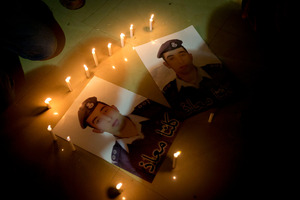
Kassasbeh was captured on December 24 after his F-16 jet crashed during a mission over northern Syria as part of the US-led campaign against the jihadists.
The video released today shows footage of him at a table recounting coalition operations against Isis, with flags from the various Western and Arab countries in the alliance projected in the background.
It then shows Kassasbeh dressed in an orange jumpsuit and surrounded by armed and masked Isis fighters in camouflage.
It cuts to him standing inside the cage and apparently soaked in petrol before a masked jihadist uses a torch to light a trail of flame that runs to the cage and burns him alive.
The video also offered rewards for the killing of other “crusader” pilots.
The release of the video of Kassasbeh’s purported murder came after Isis beheaded two Japanese hostages within a week.
‘Horrific, disgusting’ footage
The Isis (Islamic State) group had vowed to kill the second Japanese, Kenji Goto, and Kassasbeh by sunset on January 29 unless Amman handed over Rishawi.
Kassasbeh’s plane was the first loss of an aircraft since the US-led coalition launched strikes against Isis last year.
Along with Jordan, Saudi Arabia, the United Arab Emirates and Bahrain are taking part in the air strikes in Syria.
Australia, Belgium, Britain, Canada, Denmark, France and the Netherlands are participating in Iraq.
Isis seized swathes of territory in Iraq and Syria last year, declaring an Islamic “caliphate” and committing a wave of atrocities.
The extremist group claimed in a video released at the weekend that it had killed 47-year-old Goto, after previously murdering another Japanese hostage, Haruna Yukawa.
It had initially demanded a $200 million ransom for the Japanese hostages — the same amount Tokyo had promised in non-military aid to countries affected by Isis.
Isis had previously beheaded two US journalists, an American aid worker and two British aid workers in similar videos.
Shiraz Maher, from the International Centre for the Study of Radicalisation at King’s College London, described the footage as “simply the most horrific, disgusting thing I have seen from Islamic State in the last two years”.
“They clearly want to make a real point. This is the first individual whom they have captured who has been directly involved with the Western coalition in fighting IS. It is different from the aid workers… This is an act of belligerence.
“Every time you think they cannot commit anything worse — they open up another trapdoor.”
Jordan had vowed to do everything it could to save the pilot but had demanded proof he was still alive before handing over Rishawi.
Isis had previously published what it said was an interview with the pilot in which he said his plane was hit by a heat-seeking missile.
It claimed to have shot down his plane but both Jordan and the United States said it had crashed.
Kassasbeh’s family had urged Isis to release the recently married pilot, with his father Safi asking the jihadist group to show “mercy”.
– AFP

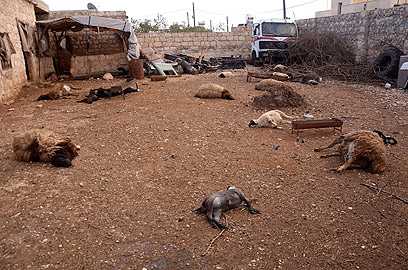
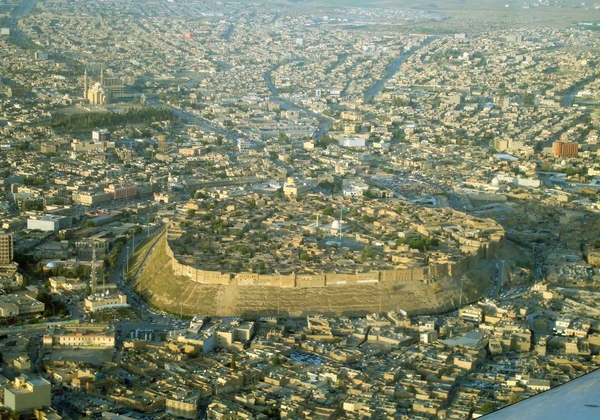
 An aerial view of Erbil, in Iraqi Kurdistan, featuring the ancient Erbil Citadel in the center. (Image source: Wikimedia Commons/Jan Kurdistani)
An aerial view of Erbil, in Iraqi Kurdistan, featuring the ancient Erbil Citadel in the center. (Image source: Wikimedia Commons/Jan Kurdistani)
